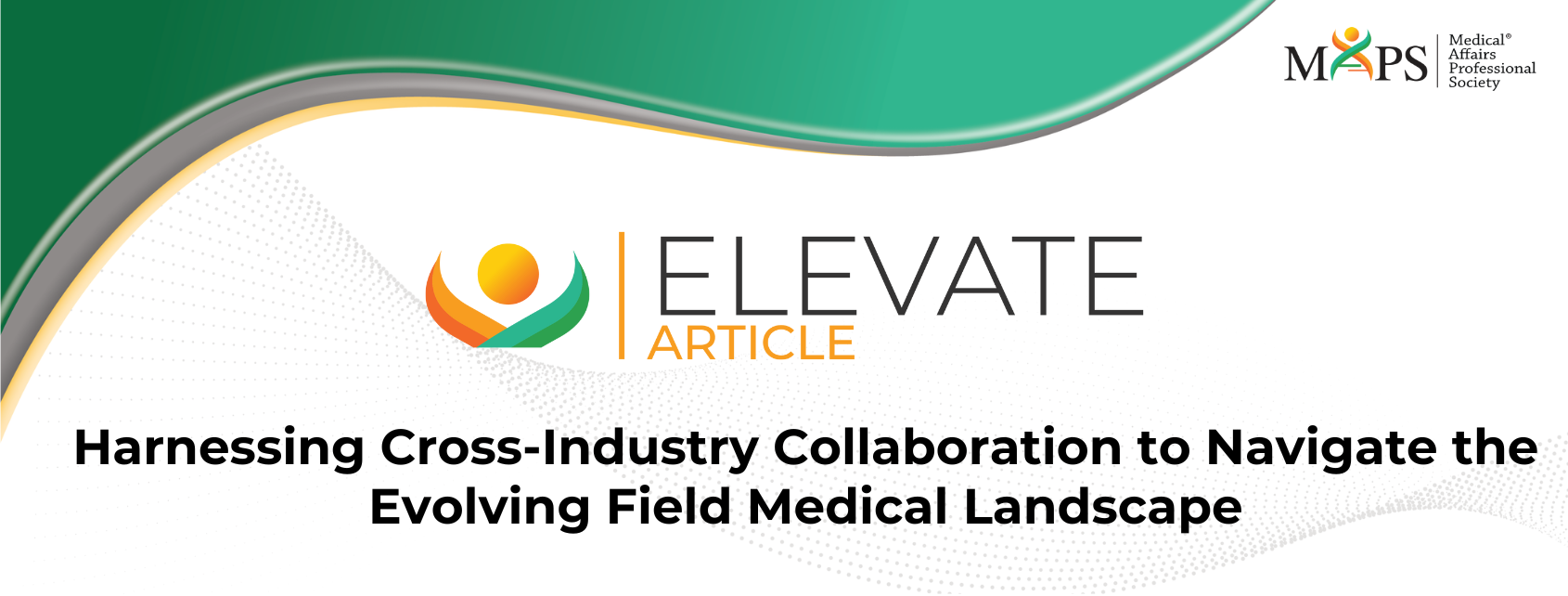Abstract
The Field Medical landscape continues to evolve, and it is imperative that organizations are forward focused to ensure their field teams will thrive in the future. The insights from an industry leaders’ roundtable on “Shaping the Future of Field Medical” provided the foundation for workshops at the Medical Affairs Professional Society (MAPS) Annual Meeting 2022 Global. Based on discussions between 80 cross-industry Field Medical colleagues from small to large biopharmaceutical and medtech companies, this article highlights key actions for Medical Affairs teams to consider for implementation in their own organizations. In summary, Medical Science Liaisons (MSLs) need to be agile storytellers, with access to flexible approved content, allowing them to build compelling and concise scientific narratives that are customized based on individual stakeholder needs and interests, with additional information made available to stakeholders via self-service content and on-demand MSL support.
Introduction
The evolution of Field Medical was accelerated by the COVID-19 pandemic with a clear shift in how we communicate and engage with external experts. We need to be prepared for both the challenges and opportunities that Field Medical faces as we move into the future.
Peer-to-peer exchange within the industry is a vital catalyst to both inform and drive change. The authors participated in an industry leaders’ roundtable in December 2021 to discuss how organizations are contemplating future Field Medical strategy.1 At the Medical Affairs Professional Society (MAPS) Annual Meeting in New Orleans in March 2022 Global, the authors led two high-energy, interactive workshops using a sprint approach to translate the top four of six priority insights from the roundtable (Figure 1) into actions that can be implemented within Field Medical organizations.2
This article is based on discussions between 80 cross-industry Field Medical colleagues who attended these workshops, including Medical Science Liaisons (MSLs), Field Medical Managers, and other Medical Affairs leaders from small to large biopharmaceutical and MedTech companies.



